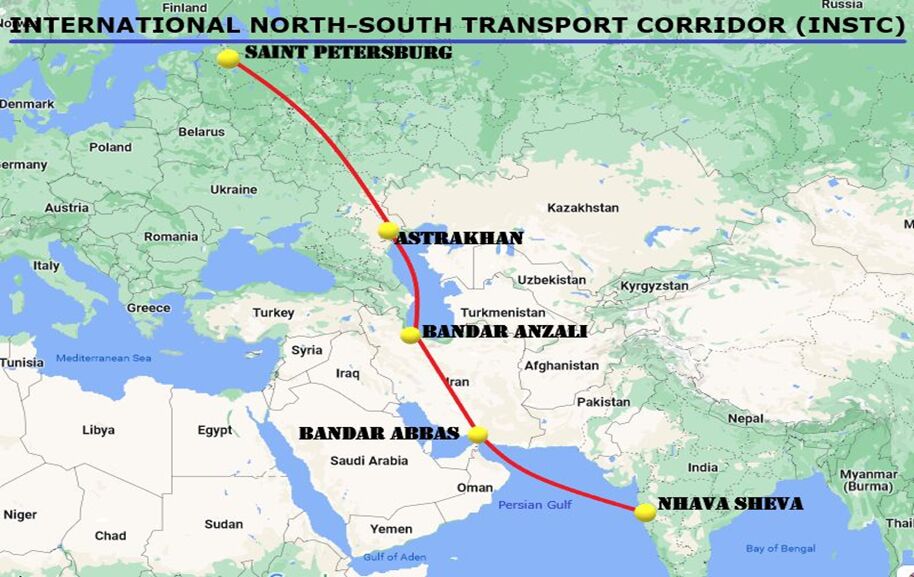The first-ever international digital TIR pilot transport was launched between Iran and India which facilitates the transfer of shipments from India to Russia via INSTC corridor.
As the Indian cargo arrived in the Iranian southern port of Shahid Rajaei, Hossein Saeedi, the director of Shahid Rajaei Customs, said that the TIR mechanism actually facilitates transit of goods between countries as it removes the need for paper documents.
The documents are now received electronically and so the cargo will travel the route in the shortest possible time, Saeedi said.
He said that the measure is taking place with the help of Iran Chamber of Commerce, Industries, Mines and Agriculture (ICCIMA) as the Chamber of Commerce receives the necessary guarantees in the first country and in the case of any misconduct, the Iran Chamber of Commerce and the first country will pursue the issue.
Speaking to reporters, Chairman of Bandar Abbas Chamber of Commerce Mohammad-Reza Safa elaborated on the TIR mechanism noting that under this system the cargo is sealed upon departure in the first country and remains sealed until it reaches the destination.

The ICCIMA is a member of World Road Transport Organization (IRU) and Iran’s TIR issuing and guaranteeing association.
Last year, the ICCIMA became the biggest issuer of TIR carnets, with over 125,000 carnets, closely followed by Turkey and Uzbekistan.
A TIR carnet is a document issued by national road transport associations of the TIR Convention member states.
Under the TIR procedure, goods transported between member countries by authorized TIR carnet holders are not subject to customs control at intermediate borders and can travel directly from point A to point B, provided all the seals are intact and the documents are ok.
With the TIR carnet, no importation/exportation taxes must be paid at transit customs (provided that the vehicle does not deliver any goods to the intermediate countries along the route).